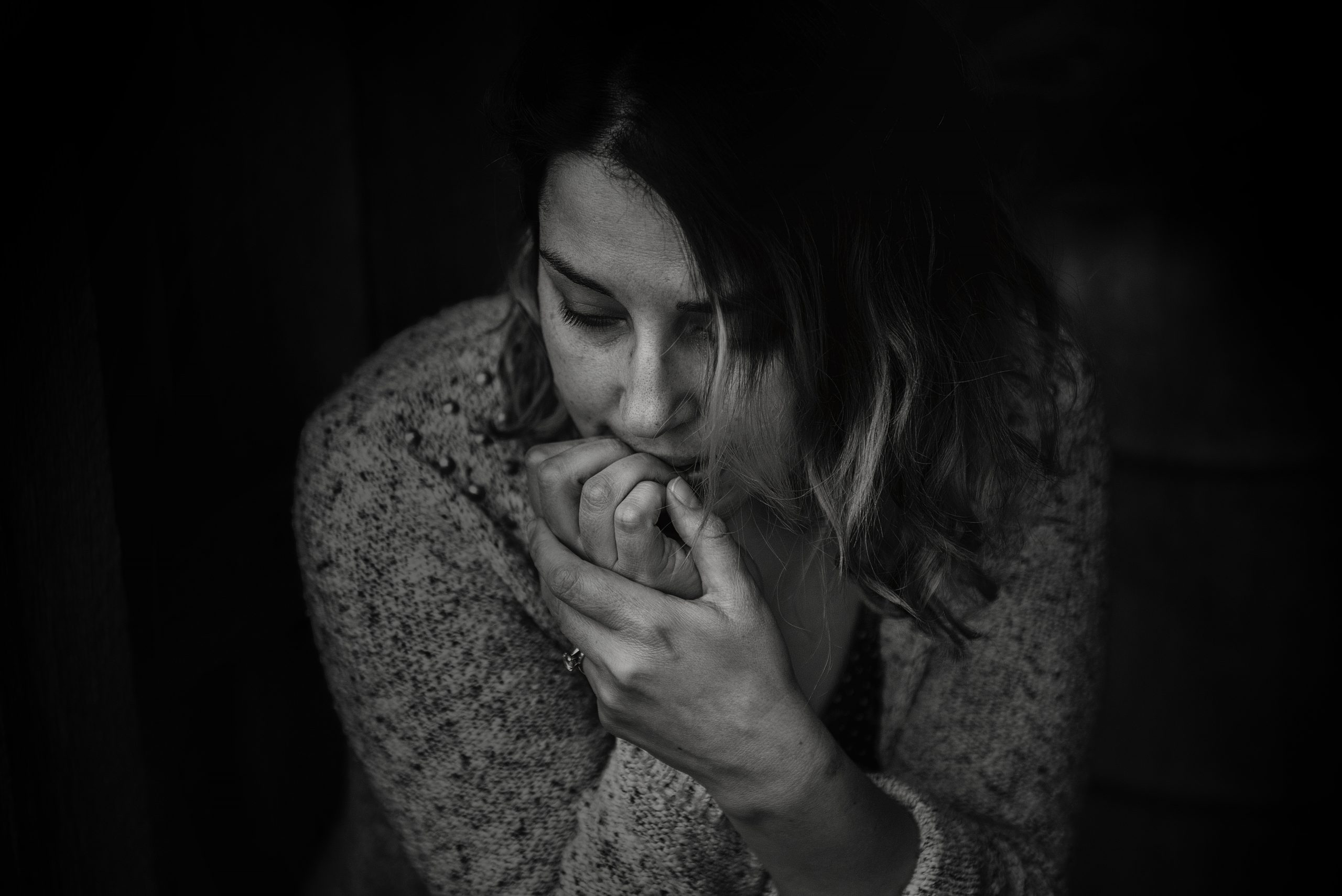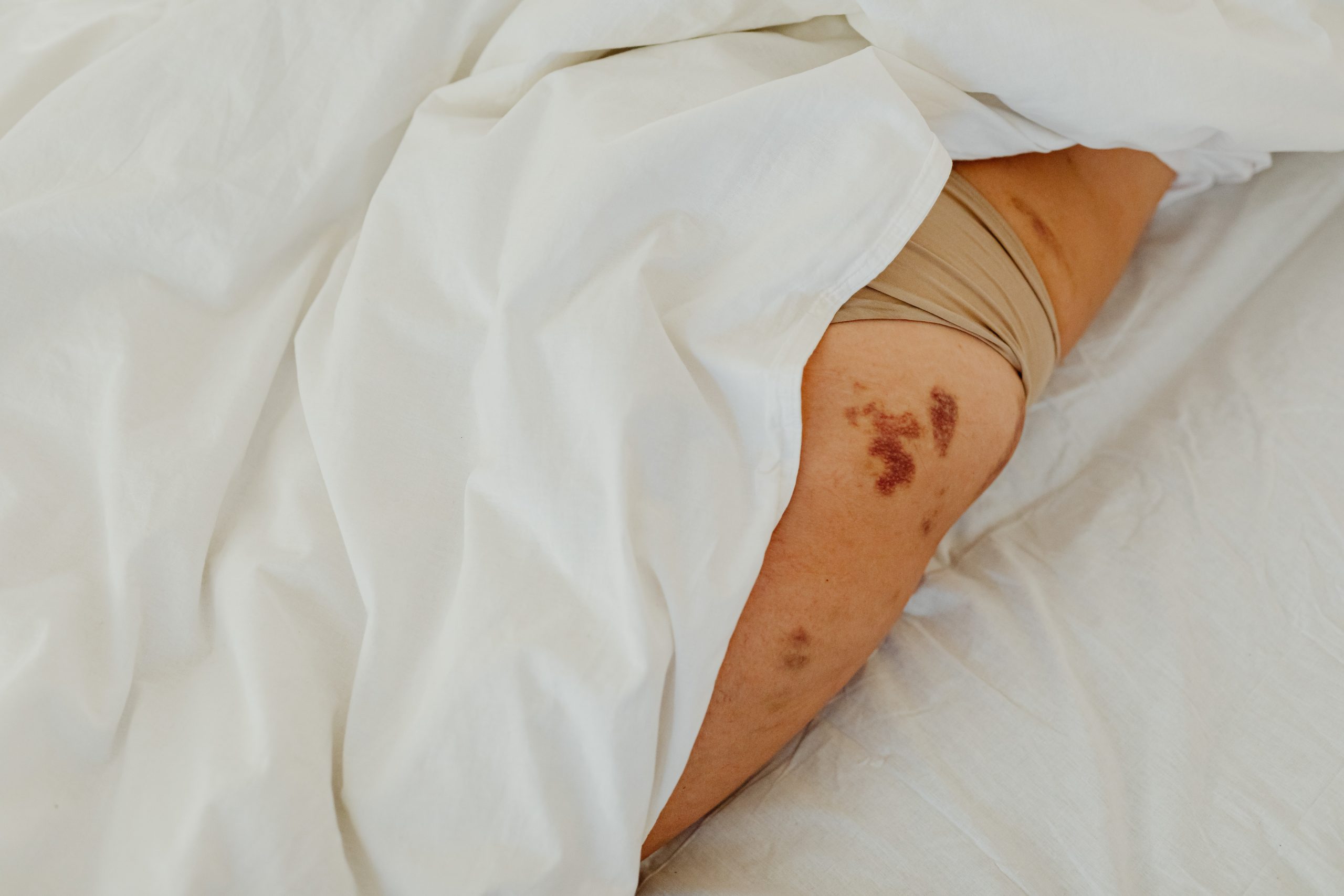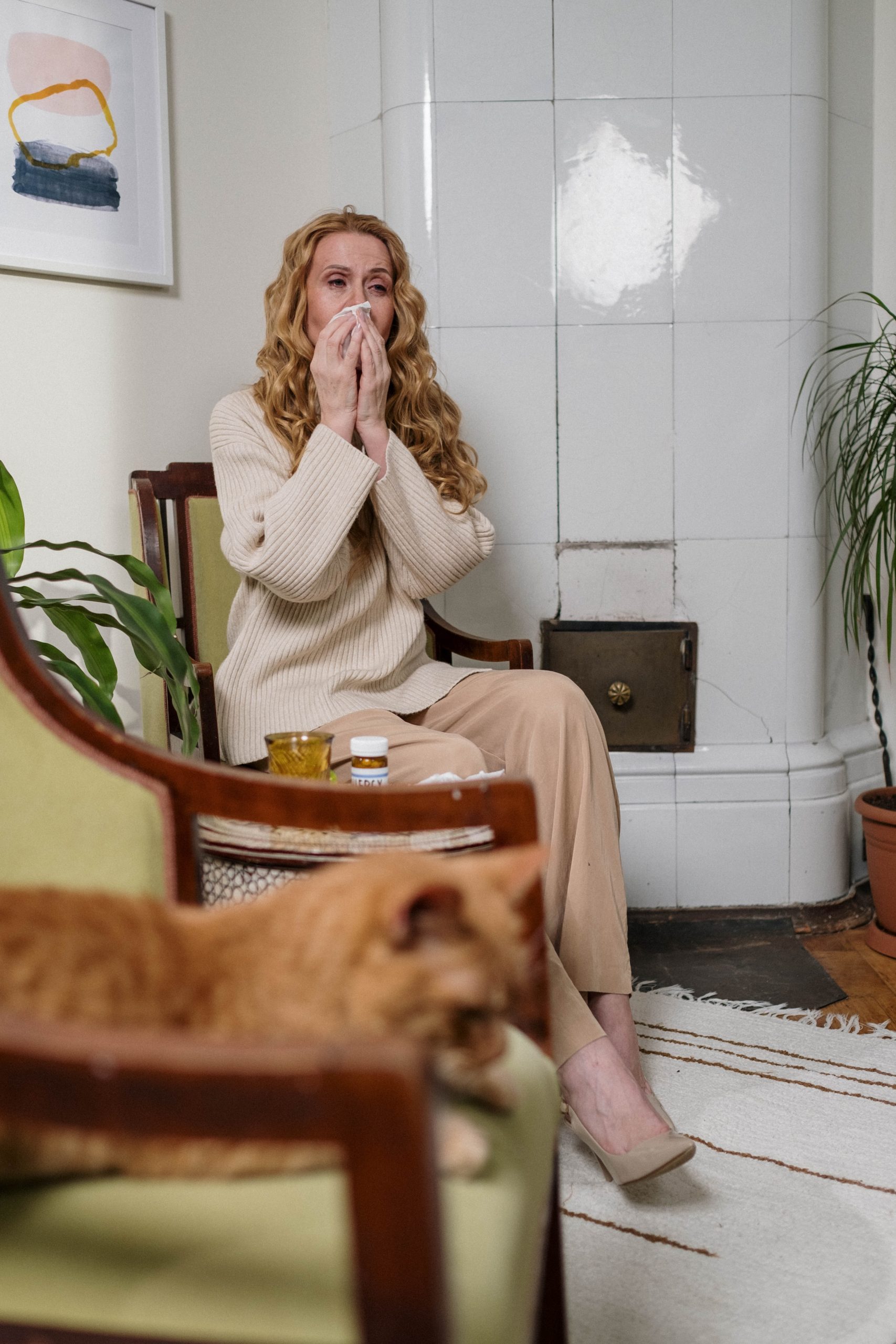Onychophagia can be a disorder. Have you ever bitten your nails out of anxiety, boredom, or nervousness? Well, I have. But did you know that there’s a clinical term for nail biting? If you didn’t, no worries. I will talk about the clinical implications of nail-biting, its symptoms, and how to cure it in this article. So, let’s get going!
What is Onychophagia?
Onychophagia or Onychophagy is a body-focused repetitive behavior disorder characterized by uncontrollable nail-biting that harms the fingernails and their surrounding tissues. It’s also called Onychotillomania which involves picking or manipulating the nails.
When does nail biting become a Disorder?
We all have bitten our nails at some point, but it becomes a disorder when you can’t control this habit. You have Onychophagia if this habit constantly interferes with anyone important aspect of your life. fail to stop the behavior after trying numerous times. You may seek professional help if you feel guilty and bad about biting nails but still can’t control your urge. According to experts, Onychophagia is related to Obsessive Compulsive Disorder.
What causes Onychophagia?
Scientists haven’t yet figured out the exact cause of Onychophagia. But they suggest people might develop the disorder when nail biting starts affecting their daily routine like studying, watching television, or working. People bite nails due to the following reasons:
- Anxiety
- Stress
- Boredom
- Loneliness
- Adolescence
Nail biting is a habit that develops during adolescence, and most grow out of it when they become adults. This simple habit becomes a disorder mainly in adulthood. Biting nails can also act as a stress reliever. Some people do it when they’re bored. Some perfectionists tend to bite their nails when they’re frustrated if something doesn’t go as planned.
Symptoms of Onychophagia
Common symptoms of Onychophagia may include:
- Anxiety, discomfort, or excitement before biting
- Sensations of itchiness or pain in the nail area before biting
- Feeling of pleasure or comfort after biting
- Feelings of embarrassment, shame, or guilt for nail biting
- Being disgusted with how the nails look or fear of seeing them
- Damage to the tissues of nails and cuticles
- Mouth infections and injuries. It may give rise to other dental issues
Risk Factors of Onychophagia
You will be surprised to learn how nail biting can damage our teeth. Severe Onychophagia can lead to dysmorphic dental issues like
- Imperfect positioning of the front teeth, also known as Malocclusion
- X-ray reports say that nail biting can also cause crowding, attrition and rotation of the teeth.
- It causes attrition of the incisional edge of the lower front teeth (mandibular incisors) and protrusion of upper front teeth (maxillary incisors).
Apart from tooth issues, it also causes:
- Fungal infections and soreness in the skin around your nails. Not to mention, constantly biting nails make them look disfigured.
- Intestinal and stomach problems. Some people swallow their nails which contain dirt and bacteria. These pathogens enter the stomach and cause problems.
Treatment
You can try the following methods to avoid nail biting:
- Apply a Bitter-tasting Nail Polish and Keep your Nails Short
Trimming your nails and keeping them short will not give you anything to bite on. It might lower your temptations. Additionally, applying a bitter-tasting nail polish will make you feel gross if you try to bite it. Bitter nail colors are also called nibble inhibitors. Lemon juice or vinegar are additional options.
- Identify the Triggers
When you bite your nail, think of why you did it. What did you feel when you bit your nail? Were you bored? Or Stressed? Or anxious? Identify the trigger by being conscious of every time you try to bite your nail. If you bite nails to relieve stress or avoid boredom, replace it with another habit that won’t be damaging. For example, if you’re stressed or bored, try eating chewing gum instead of biting your nails.
- Avoid Direct Contact between Mouth and Hand
You can avoid contact between your mouth and hand by wearing gloves or covering your nails with bandages. You can also use tape to cover them up. The unpleasant feeling of biting bandages and the sudden self-awareness of the embarrassment and the guilt you feel for biting nails might make you stop the habit. Not to mention, wearing bandages in public for no reason will also make you uncomfortable.
- Practice Mindfulness
Mindfulness is a technique of being in the present. Whenever you feel stressed or anxious, focus on any of your five senses. For example, if you touch something, focus on the texture and feel of the object you touch. You can practice mindfulness anywhere in any situation. Mindfulness will increase your focus. You will be immediately conscious whenever you bite your nails. Consciously choosing not to bite your nails every time will eventually stop the habit.
- Focus on one Nail at a Time
Trying to get rid of the habit at once may not always work. The American Academy of Dermatology suggests focusing on one nail at a time. Take the fingernail you bite the most and consciously try not to bite it. You can call it the “safe” fingernail. You can bite the other ones, but not the “safe” fingernail. If you make a conscious effort, you will stop biting that fingernail after a week. It will motivate you to do the same for the other fingernails too.
- Consult a Therapist
If you are unable to control your urge, a professional can help. A therapist will help you figure out the underlying cause of your problem and teach you techniques to stop the habit. Therapists also use Cognitive Behavioral Therapy (CBT), efficient therapy for anxiety patients. Additionally, you can reach out to offline or online support groups to help you with your recovery.
Conclusion
People with Onychophagia often don’t require medications. Unless you have some underlying mental illness, trying to stop the habit consciously by yourself works for most people. However, if you find it difficult to deal with, doctors and therapists are always there to help you.




